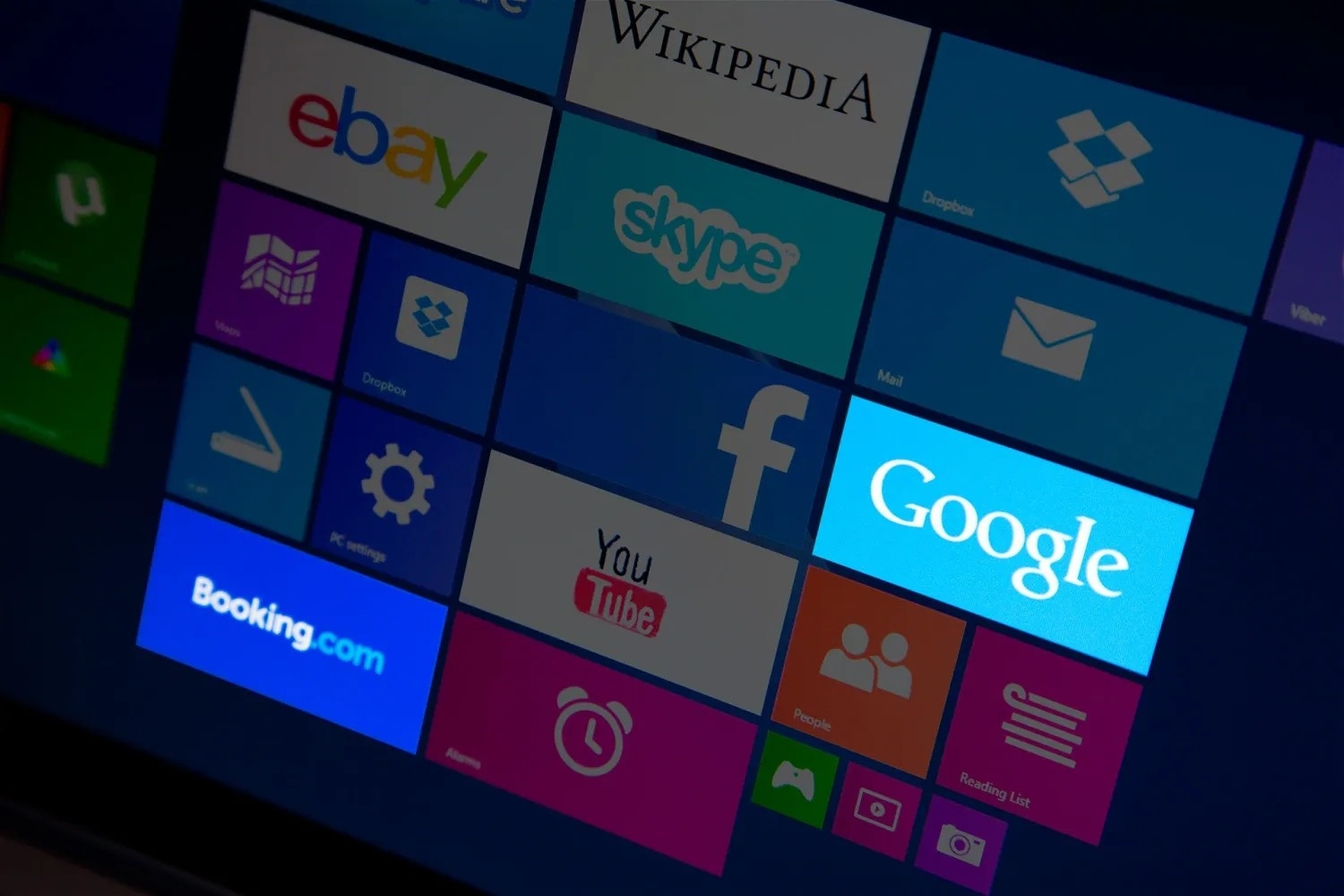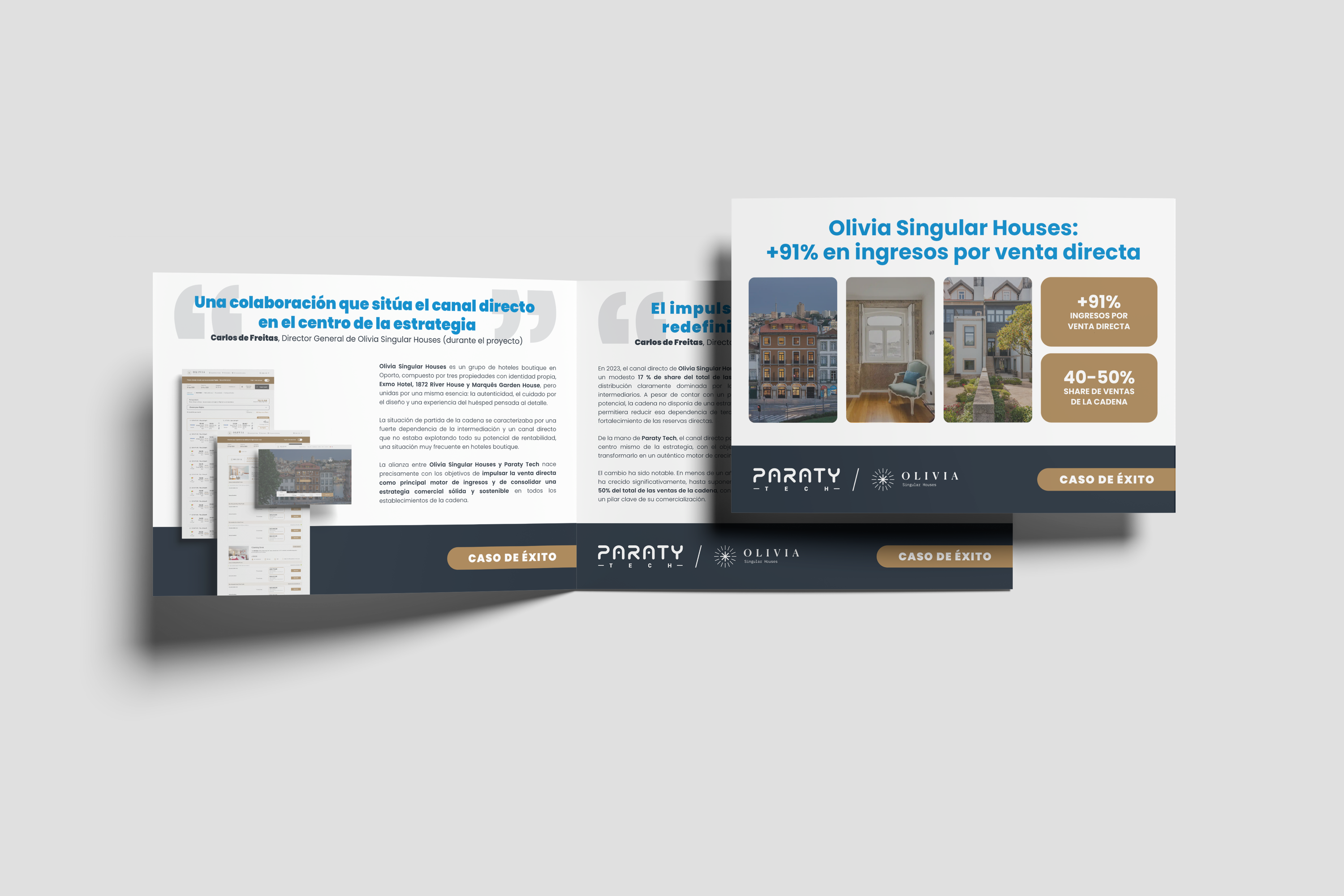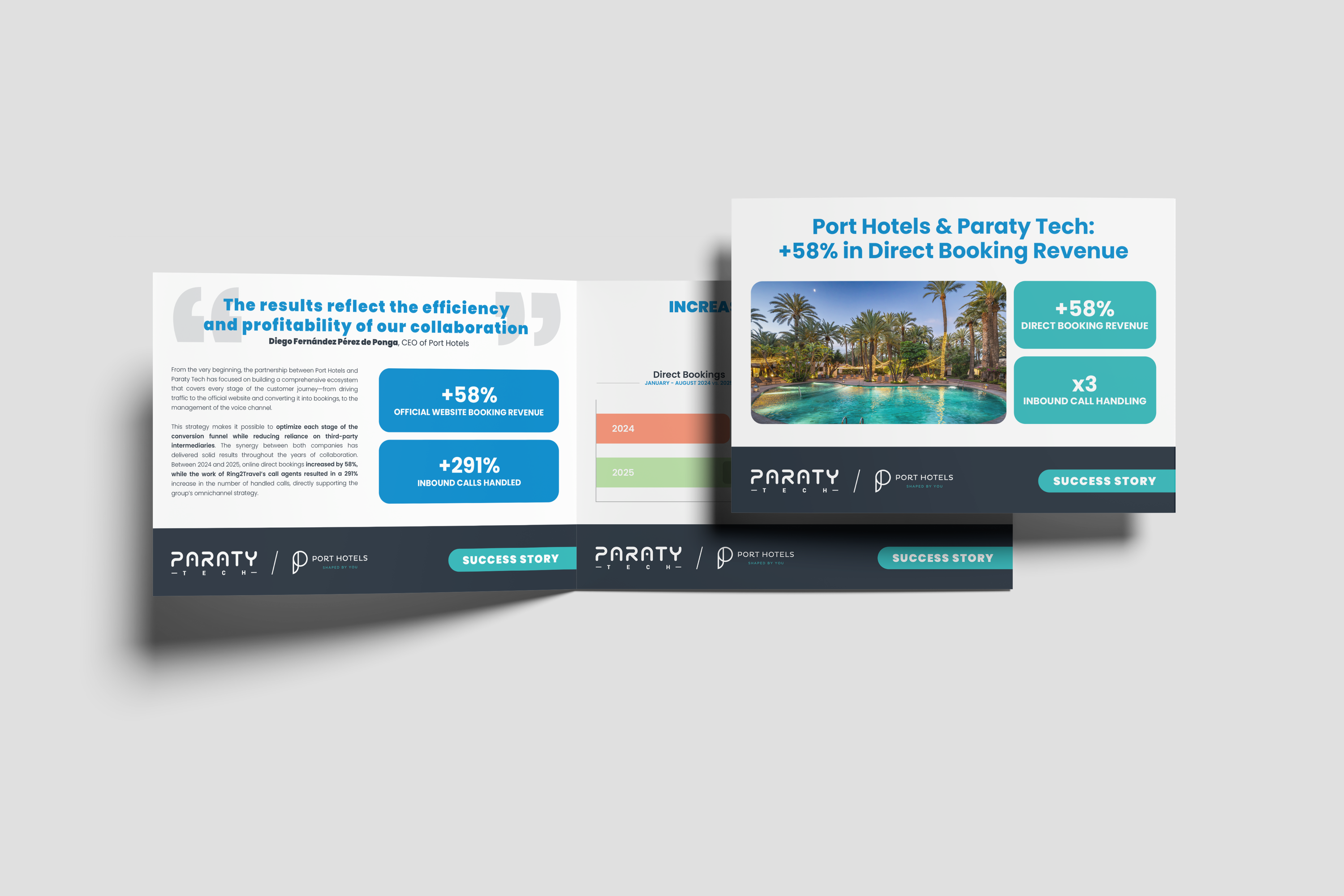News from two distribution giants for 2022
Revenue 11/01/2022A new year has begun and two of the main players in hotel distribution, such as Google and Booking.com, present interesting news that can help you boost your direct sales.
As expected, sustainability gains weight and becomes an important filter, which can make the difference between being the establishment chosen by the tourist or not. But there is more…
Before getting into the matter, we take the opportunity to inform you that the famous "Google Tax" little by little begins to be reflected in the invoices that you are receiving. As many of you will remember, in October 2020 the Digital Services Tax was approved in Spain and, as Amazon also decided at the time, Google directly passes it on to its advertisers, something that it had already been doing in other countries such as Turkey, Austria or the United Kingdom. .
Although it began to be applied last May, it has not been until very recently when, in fact, it has gradually begun to be reflected in invoices, affecting any company that wants to display its ads in our country (the percentage of tax ranges between 2% and 5% depending on the country in which you decide to advertise). Below, you can see an example:
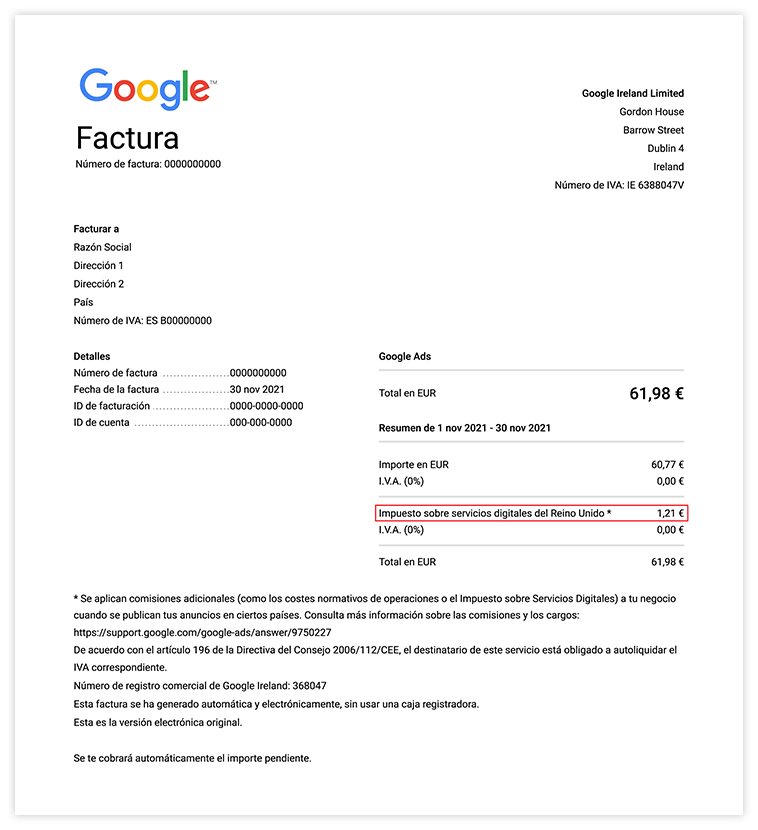
Invoice example with UK "Google Fee" aplied
This brief paragraph is only for you to take into account that, if your intention is to maintain your current investment in advertising, you will have to consider increasing it by 2% (or the corresponding percentage depending on the countries in which you advertise) so that your CPA and ROI are not affected.
Rates and availability in Google My Business
Google's March 2021 announcement of the launch of Google Hotel Ads Free Booking Links created quite a stir. In essence, it meant that any connected establishment would become likely to appear in search results, regardless of whether or not it had an active advertising campaign. Undoubtedly, a great competitive advantage for many accommodations, which all our clients began to enjoy imminently due to our status as Google Integration Partners , as we already told you then.
Now comes another very interesting novelty, available at the moment only for a limited number of hotels, which allows the loading of rates and availability in the Google My Business tab . Those who do so will become visible to the millions of users who search for hotels on Google every day, and the results will be displayed, again, in the Free Booking Links section. Through these free links, travelers who click will directly access the direct channel to complete their reservation.
How is this different from the Free Booking Links we already knew?
Fundamentally, in that the Google Hotel Ads Free Booking Links work via integration and are subject to having a Google Integration Partner. For their part, these are uploaded manually, which is more work and forces you to be very aware of possible changes or updates so that the results shown are always faithful to reality, but in exchange, all hotels can enjoy these free links that they have a Google My Business tab, which is a very important differential nuance. To check if you already have this functionality at your fingertips, all you have to do is:
- Access with the Google account with which you manage your business
- Find your hotel
- Click on Edit Profile and select Rates and Availability
What information will you be able to upload?
Although at the moment the configuration parameters of the rates and availability that you upload are somewhat limited, this functionality allows content to be uploaded up to two years in advance and users will obtain results when they carry out searches up to one year in advance and a maximum of 30 days of occupancy. Google, of course, recommends making sure you're loading the best available offer at all times to boost booking probability. You can:
- Charge a single rate per night
- Charge rates for double occupancy only
- Charge Taxes or additional fees of the fee
- Redirect traffic to your direct channel
Charging multiple rates for different room types is not available. Nor will you be able to establish minimum stay restrictions, or charge discounts or long-stay promotions. For now, this is what it is...
Sustainability, on everyone's lips
When a topic appears repeatedly in each debate, it is for a reason, and sustainability is on everyone's lips. We are facing a traveler profile, especially international, increasingly aware of good practices in terms of sustainability and, furthermore, willing to pay more for a hotel that does its homework in this regard and strives to reduce its environmental impact. .
It is not surprising, therefore, that both Google and Booking.com already offer the possibility of highlighting this characteristic of the establishment through an ecological certification label. It is very important that those hotels that are working on this facet communicate it, because otherwise, they will be losing an opportunity to differentiate themselves from their competition.
In the case of Google, accessing your Company Profile you will find a list of four categories to indicate if you have received some type of ecological certification. According to its website, “ecological certifications are granted to hotels that meet the sustainability criteria of an independent certification agency. Green certifications also serve to let guests and the rest of the world know that your hotel is actively working to achieve a positive environmental impact on the planet.”
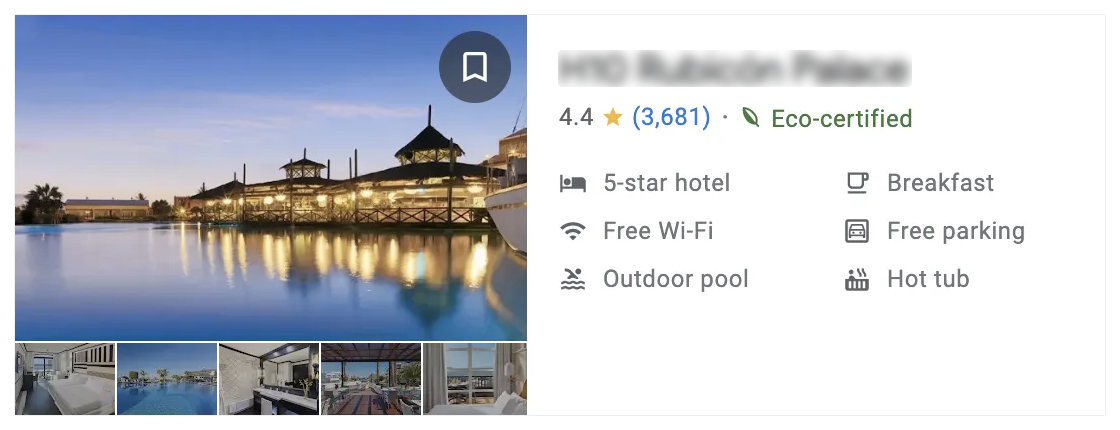
Google Certified Green Label
When a hotel has the “Cert. Green” on Google, means that you affirm that you have been certified by an agency that Google recognizes and that it meets the following standards:
- The agency uses internationally recognized and renowned criteria to evaluate the hotel.
- The assessment focuses on the environmental impact of at least these 4 categories:
- Energy efficiency
- water conservation
- waste reduction
- sustainable sourcing
- The agency conducts an audit on the hotel premises in order to verify its sustainability practices or uses an independent third party to carry it out.
Booking.com goes even further, and claims to have detected that its "Eco" certification label has come to confuse the traveler, as it relates it to a possible decrease in the service received and in the general experience of the stay, crashing thus his interest in making a contribution to the planet with his fear of being harmed by it.
For this reason, as Smart Travel News publishes in the interview with Marianne Gybels , director of sustainability at Booking.com, the OTA has launched the "Sustainable Travel" program, which will provide useful information to all those interested in more travel options. sustainable, something they claim to have been working on for more than eight years. From his point of view, the traveler does not have to give up anything and, in turn, the hotel deserves to be rewarded for its good work.
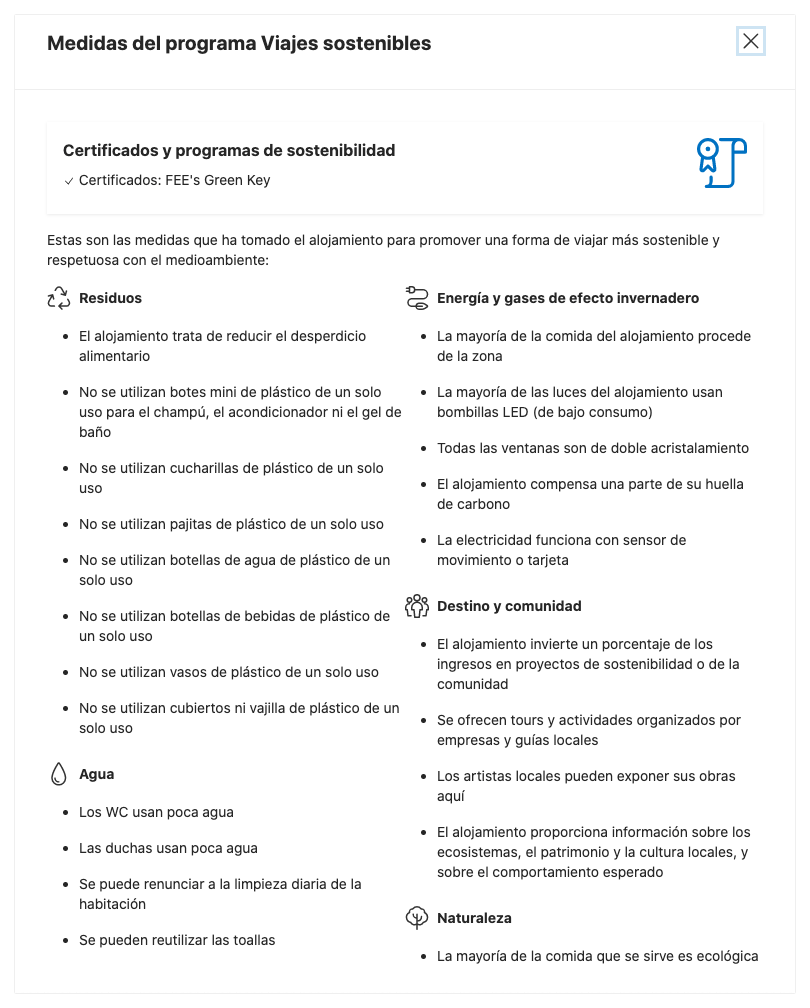
Through the "Sustainable Travel" program, Booking.com asks establishments to record their actions in terms of sustainability, through a simple questionnaire (just answer yes or no) that includes up to 32 points, including which include waste management, water, energy, gases, support for the local population, protection of the natural environment, etc. You can provide this information through your extranet, all with the aim of having access to the sustainable travel badge, already granted to more than 62,000 accommodations, and which will accompany the user during the different steps of the reservation process, allowing them to expand information. In addition, soon it will also appear as a filter, to be able to search only among accommodations that are part of the program. As always, in accordance with the OTA philosophy, guests will be in charge of validating these good practices, once they have stayed and can give a good account of them.
As we already know, both Google and Booking.com constitute an extraordinary showcase for the direct channel and a lot of traffic to your official website comes directly from them. That is why it is important to take advantage of their developments to continue planting seeds that contribute to boosting direct reserves.











